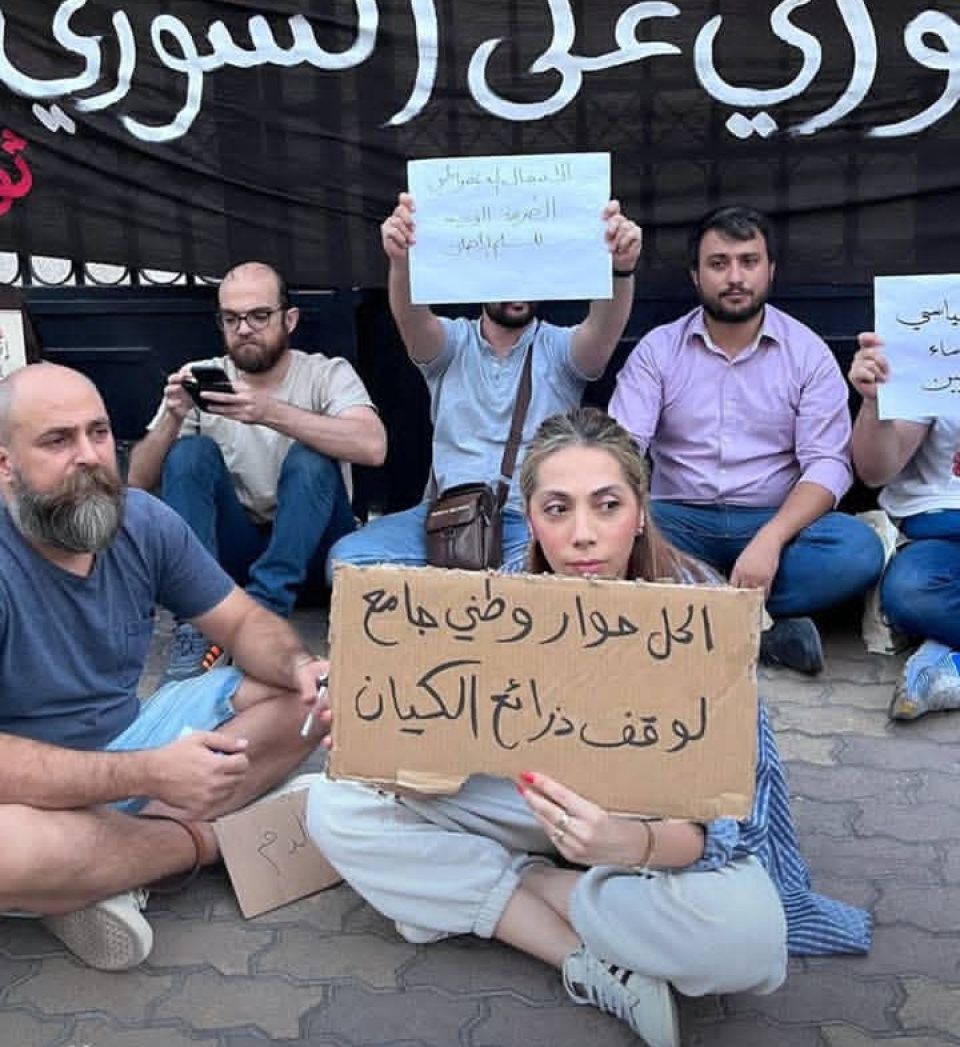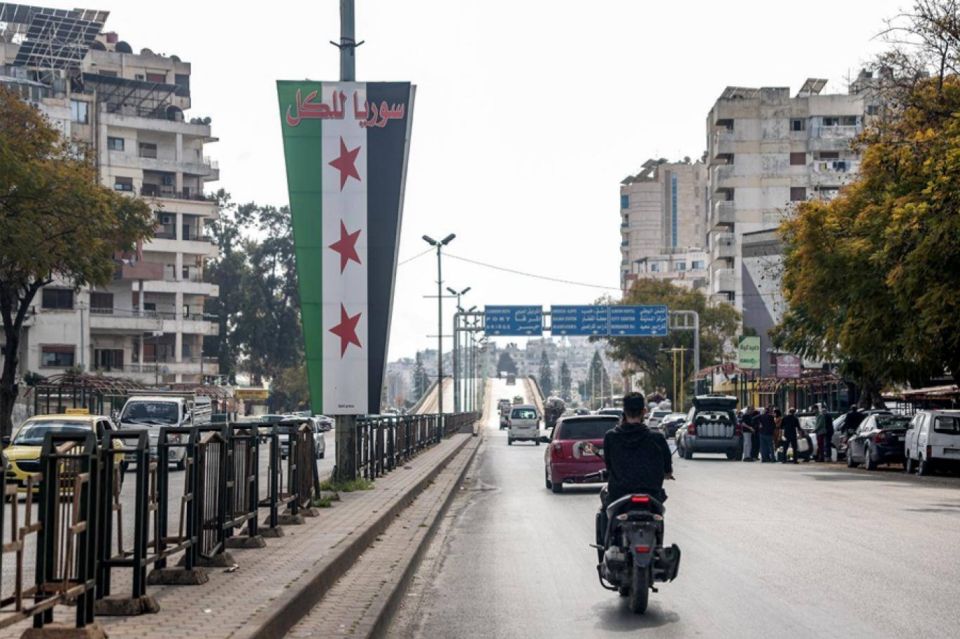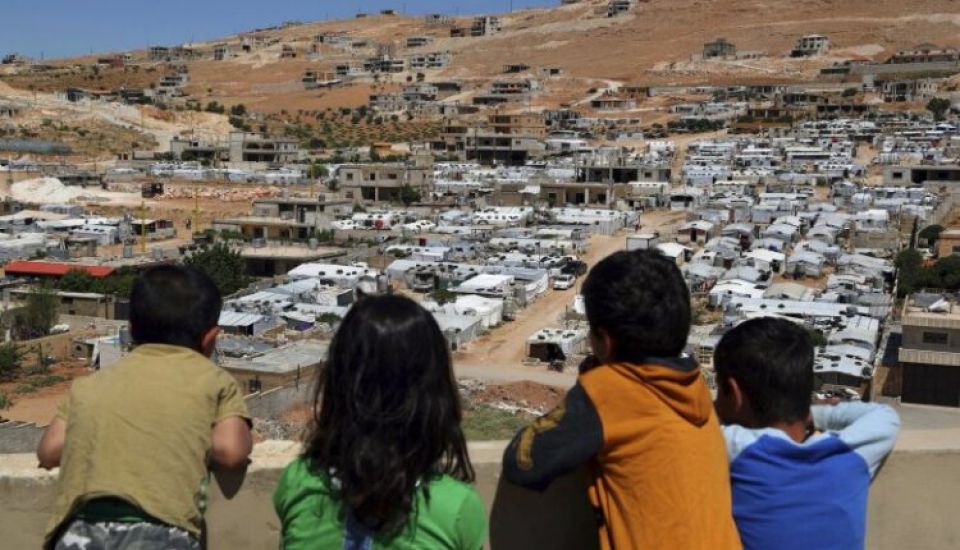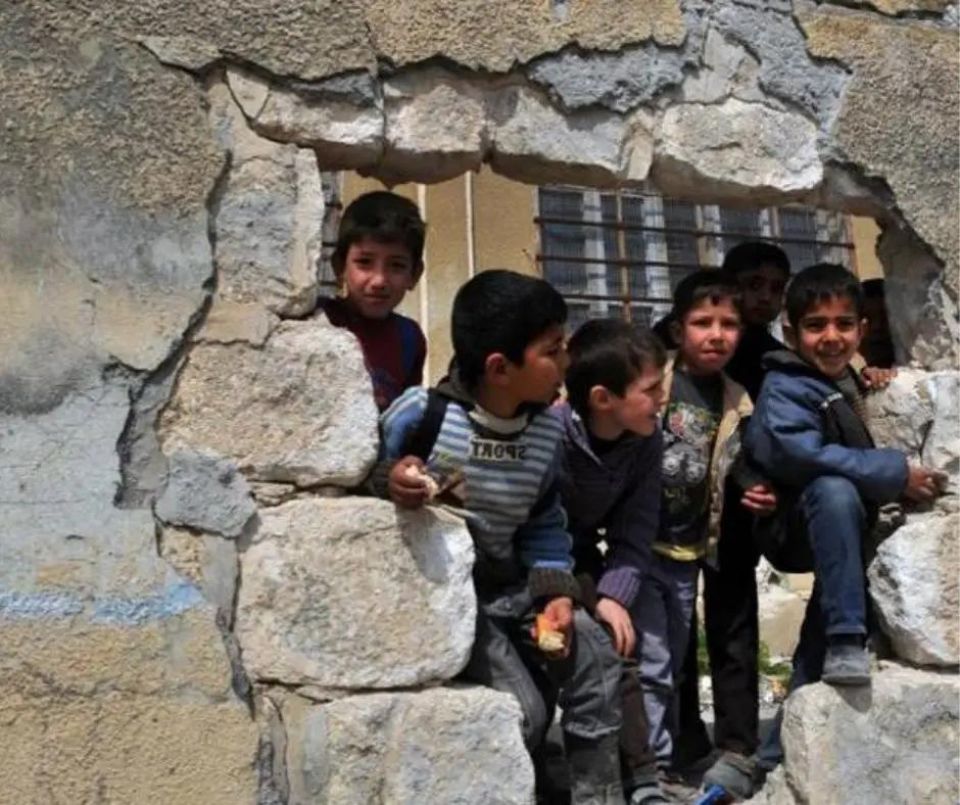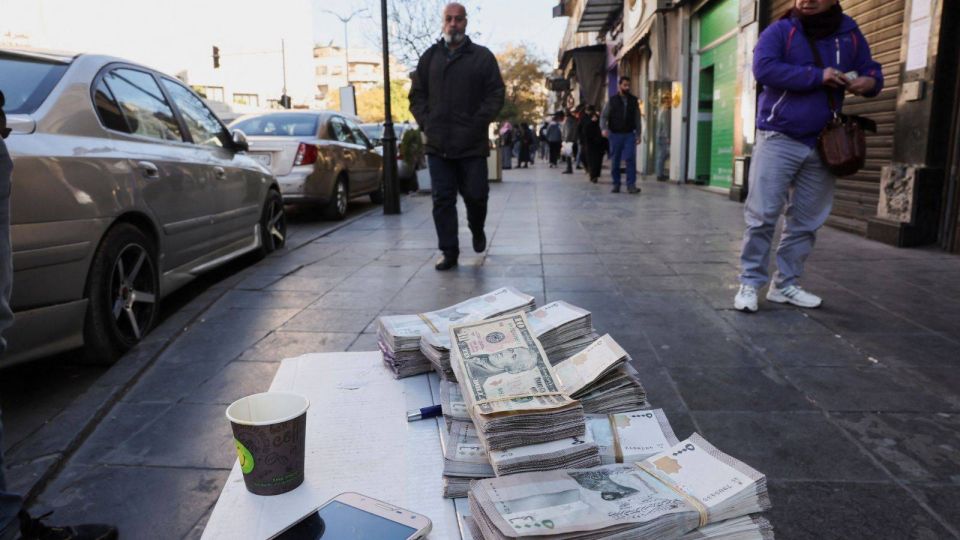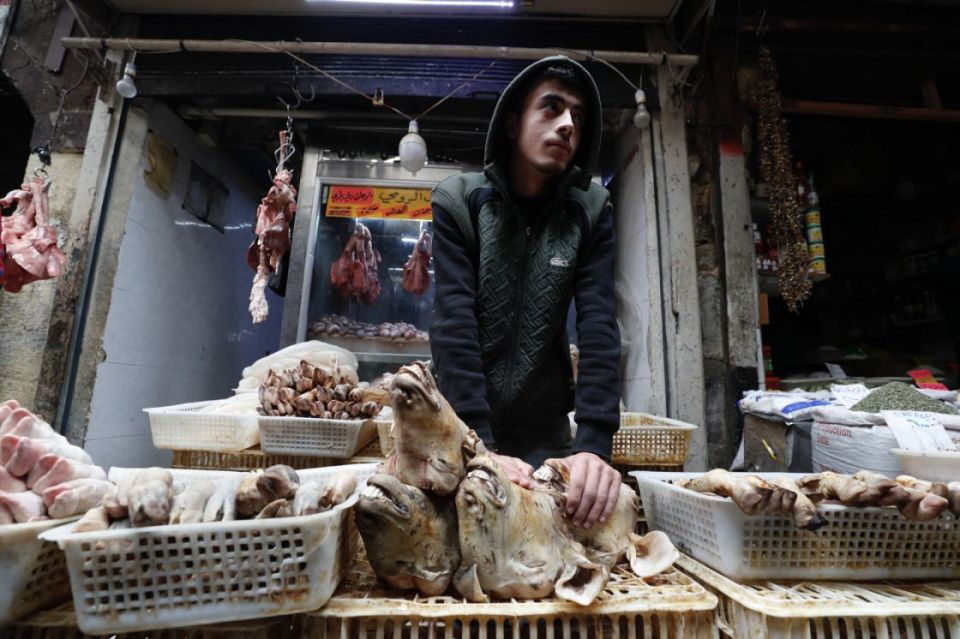Kassioun Editorial 1258: “Thieves! Thieves!”
On February 17, 2011, in Damascus’s al-Hariqa market—before any foreign interventions, before any influx of money or weapons, and as a natural, spontaneous result of the accumulated oppression, injustice, and anger—crowds of Syrians chanted in the face of the authorities and their representatives: “Thieves! Thieves!” They also chanted: “The Syrian people will not be humiliated”.



